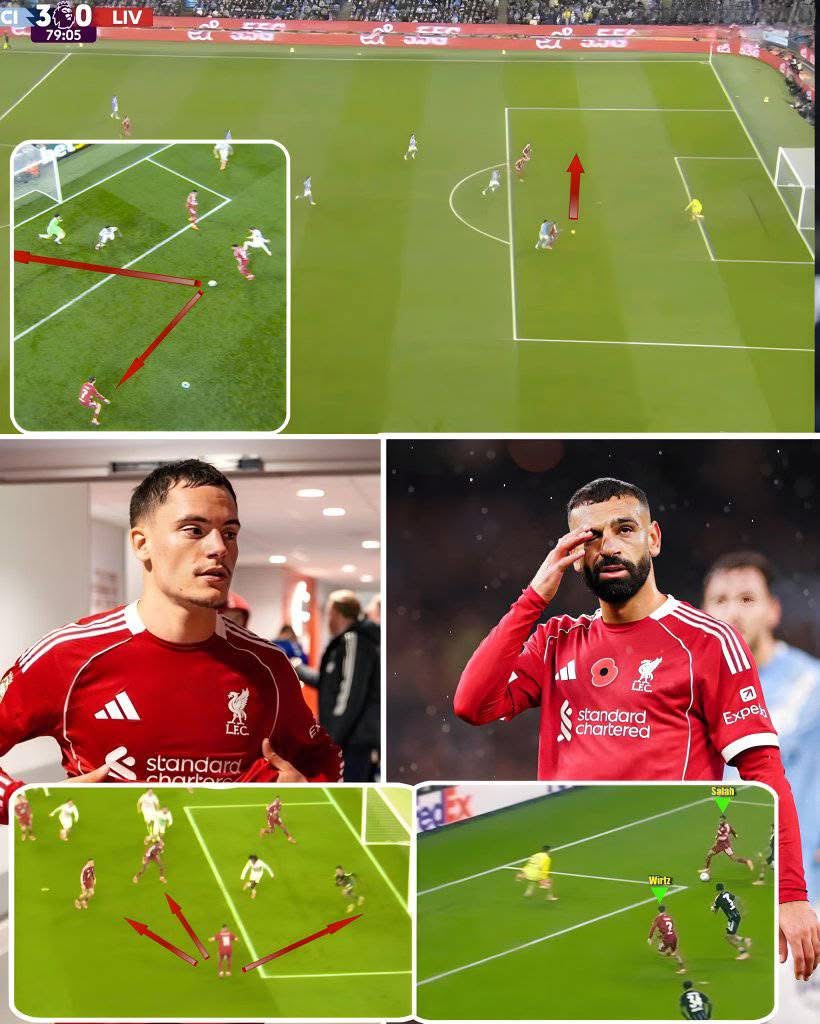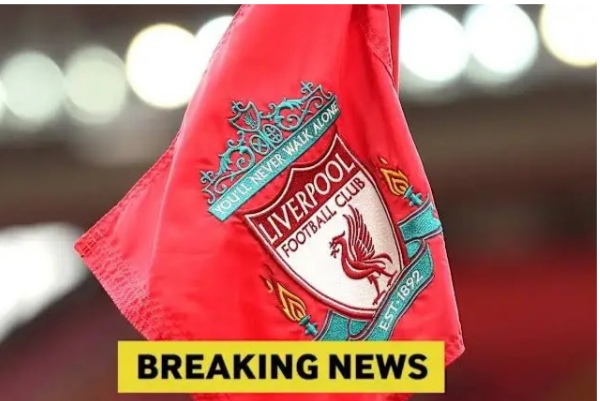Blocked Vision Costs Liverpool Early Against Forest: Alisson Denied a Clear View
Liverpool’s match against Nottingham Forest got off to a frustrating start as the Reds conceded immediately after a corner kick. The goal highlighted how quickly momentum can shift in football and how fine the margins are between a clean sheet and conceding early. Conceding first in any game can influence the team’s tactics and put immediate pressure on players to respond.
The situation was made more complicated by Alisson Becker’s inability to fully track the ball. Positioned in goal and ready to react, the Liverpool goalkeeper’s view was obstructed by a Forest player, leaving him unable to see the play develop. In professional football, even a slight visual obstruction can be decisive, and this incident demonstrates how a single misalignment can disrupt even the most organized defenses.
From a tactical perspective, the episode underscores the importance of positioning and communication in defending set-pieces. Liverpool’s defenders may have been slightly out of sync or slow to adjust, which allowed Forest to exploit space at a critical moment. Alisson, normally commanding his area with authority, was forced to rely on instinct rather than clear visibility, a challenge for any goalkeeper.
Beyond the immediate setback, the incident also serves as a learning point. Opponents often seek marginal advantages, and recognizing these in advance can prevent similar early concessions. It is a reminder that defending corners requires both awareness and anticipation, not just physicality and reflexes.
Finally, the early concession will test Liverpool’s resilience. The team is known for its ability to respond after setbacks, but conceding in such circumstances—when the goalkeeper has limited ability to intervene—adds both tactical and psychological challenges. Liverpool will need to regroup quickly, regain composure, and ensure tighter coordination in defense for the remainder of the match.







